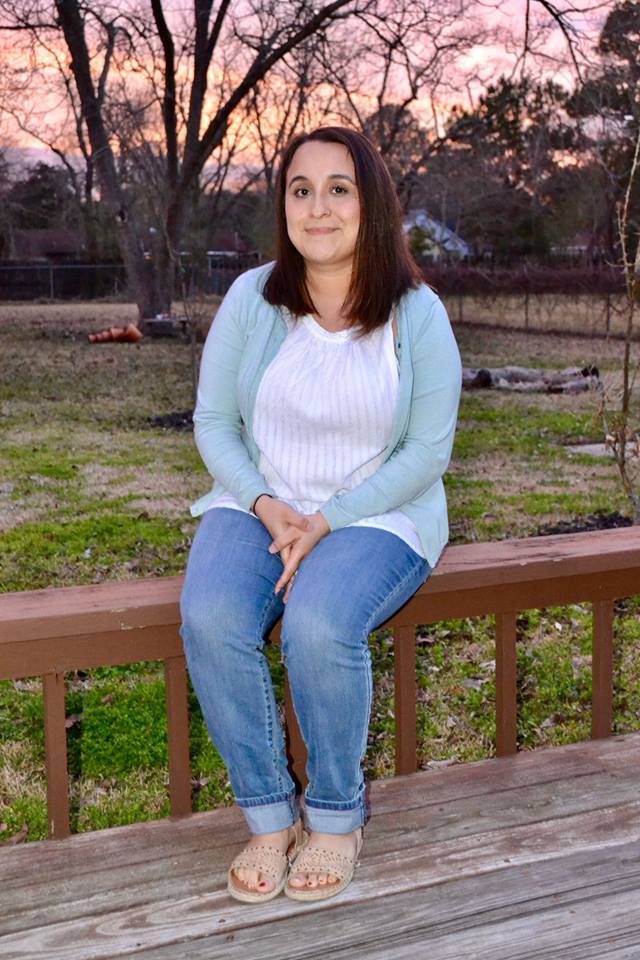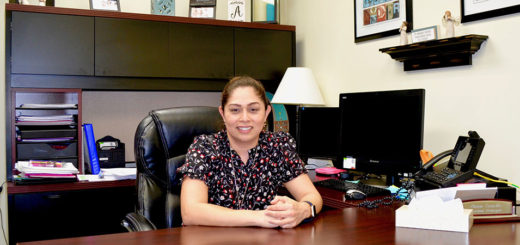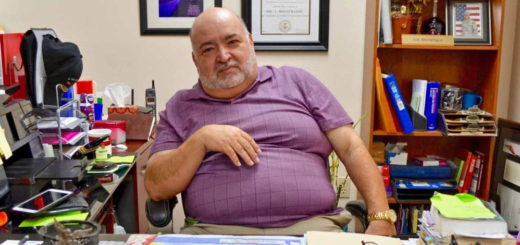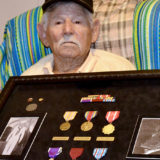Journey to citizenship takes many turns
 “I don’t like to say this because a lot of people who are undocumented are so talented and hard working. But I was pretty ready to just leave the country after graduating college. The climate of immigration was so tense. I was feeling desperate. I thought, I have to do something. I can’t just stay in this state of limbo and uncertainty.
“I don’t like to say this because a lot of people who are undocumented are so talented and hard working. But I was pretty ready to just leave the country after graduating college. The climate of immigration was so tense. I was feeling desperate. I thought, I have to do something. I can’t just stay in this state of limbo and uncertainty.
“Then life happened. I met my husband. We fell in love and we gave it a shot. That’s how I adjusted my status. I didn’t set out to do that. That was not my plan. In my young and immature mind, I wasn’t even thinking about marriage. But getting married ended up being the best thing that I’ve ever done in my life, especially for my sanity as a person. I love my husband. He’s the best part of me.
“At the same time, some part of you feels a little guilty. It’s like, I’m OK now. I’m going to get my papers. I’m going to have that privilege. But what about my friends and others who are still fighting and waiting? They may think that you sold out. That you chose the ‘easy way out’ after working hard for so many years for all of us to have the right to live here. It wasn’t like that. But I understand why some people would think that way. I understand how they must feel.”
— Julita Rincon
Julita, 33, came to the United States from Mexico at age 13. While attending University of Houston, she was president of the student organization, Jóvenes Inmigrantes por un Futuro Mejor (Young Immigrants for a Better Future). The group advocated for proposed legislation, such as the DREAM Act, that would provide a pathway to citizenship or other legal status for undocumented residents. Julita got married in 2010. She became a U.S. citizen in 2013.
Related:








